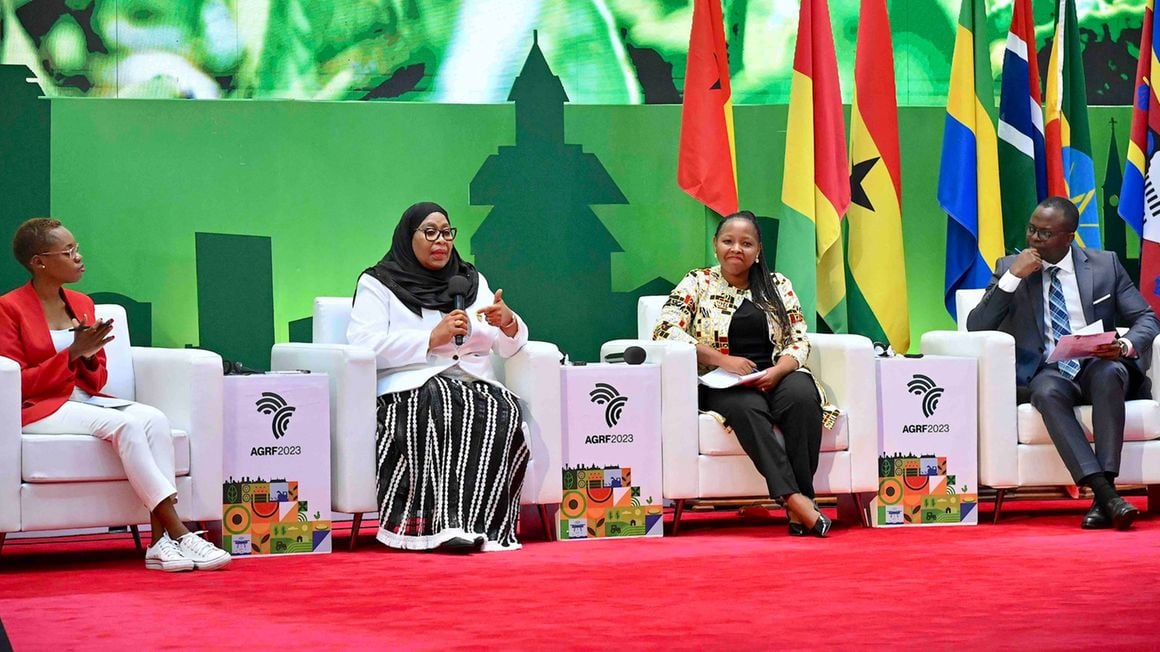A concerning trend of inadequate investments in agriculture is perpetuating food shortages across Africa. This issue suggests that the primary obstacle is not solely weather patterns or conflict but also a lack of political will to address the agricultural sector effectively.
Leaders and experts convened in Dar es Salaam, Tanzania, for the Africa Green Revolution Forum this week, where they discussed critical agricultural policies and investment in modern technology. The consensus has been clear: the continent’s ambitions to achieve food self-sufficiency are being hampered by the continued underinvestment in agricultural production, exacerbated by a growing population.
Throughout the week, top experts in food security emphasised the urgent need for substantial investments in agriculture to mitigate the impacts of prolonged droughts. The Africa Green Revolution Forum serves as a vital platform for advancing agricultural and food systems agendas, including food security and agri-food investments, which remain underdeveloped in many African nations. Distinguished leaders, such as President Samia Suluhu of Tanzania, President Macky Sall of Senegal, and President William Ruto of Kenya, have actively participated in the discussions.
During the summit’s opening address, Tanzania’s Vice-President Philip Mpango outlined four critical considerations for transforming food systems in Africa to eradicate hunger and stimulate economic growth. He stressed the importance of harnessing existing scientific knowledge, adopting multi-sectoral development approaches, and addressing post-harvest losses, which result from insufficient investments in producing quality seeds, soil testing, and crop protection.
Recent reports, including a study by the International Federation of the Red Cross, reveal that one-fifth of Africa’s 1.3 billion people suffer from daily hunger, while the continent’s food import bill stands at a staggering $75 billion annually. Alarmingly, an additional 22 million people are expected to experience hunger by January, according to the State of Food Security and Nutrition Report (July 2023). The inadequate financing of food value chains remains a significant constraint, primarily due to the high cost of borrowing for the agriculture sector. Women and youth are particularly affected by financial exclusion.
The impending food deficit, coupled with rising import costs and various nutritional challenges, undermines regional output growth and the continent’s pursuit of Agenda 2063. Vice-President Mpango acknowledged Tanzania’s vulnerability to climate change, pest outbreaks, soil degradation, limited access to appropriate technologies, underfunding of scientific research, and inadequate value addition.
The 2023 Africa Agriculture Status Report (AASR23), unveiled at the summit, highlights the far-reaching consequences of inaction, extending beyond hunger and malnutrition to encompass economic, social, and environmental domains. Dr. Agnes Kalibata, President of the Alliance for a Green Revolution in Africa (AGRA), emphasized the need to address the dual challenge of rapid population growth and climate change. She stressed the importance of finding new financing mechanisms to secure a prosperous and food-secure future for all African citizens, especially in light of the global average.


Comments are closed.